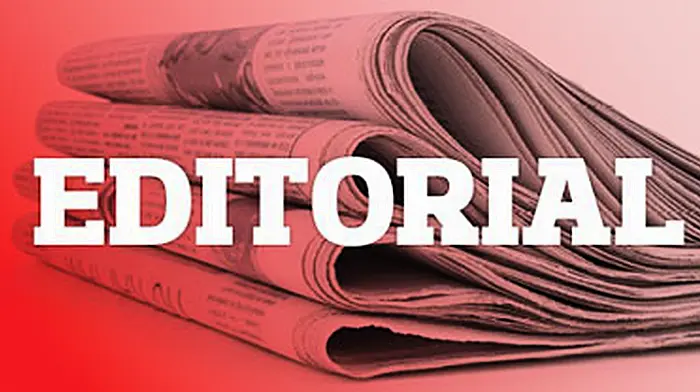PROSPECTS of successfully negotiating a trade deal between the United Kingdom and the European Union have been put in jeopardy as the former has, so far, exercised its option not to look for an extension of time for the current talks beyond December 31st next.
There is a deadline of the end of June for using this option, but it remains on the back burner after a frustrating conclusion to the fourth round of negotiations the week before last that saw both sides still far apart on most issues, including big ones such as fisheries, the ‘level playing field,’ police and judicial co-operation, and the ‘governance’ issue on how disputes between the two sides in the future can be resolved.
The EU’s lead negotiator, Michel Barnier, expressed his frustration at the lack of any substantial progress since the beginning of the negotiations with the UK, saying ‘We cannot continue like this forever, especially given the UK’s continued refusal to extend the transition period.’
He opined that the EU is ‘asking for nothing more than what is in the Political Declaration,’ which accompanied Withdrawal Agreement that the British agreed to on October 17th last and came into force on February 1st, complaining that ‘round after round, our British counterparts seek to distance themselves from this common basis.’
It must be very frustrating for the likes of Barnier, but even much more so for the other member-states, especially Ireland, with Minister of State for European Affairs, Helen McEntee, making a classic understatement to the Dáil last week when declaring that ‘there is a level of frustration in the EU about the position being taken by the UK.’ If there is not a successful outcome to the trade talks, it will add to the damage already done to the Irish agri-food sector by Brexit over the past four years and this will have grave implications for rural Ireland.
A virtual summit between British Prime Minister Boris Johnson and EU Commission president Ursula von der Leyen took place on Monday last to try to break the deadlock in these crucial trade talks. The UK and the EU have agreed an intensified timetable for trade negotiations in July when the pace of talks will be scaled up so negotiators will meet in each of the five weeks between June 29th and July 27th.
A spokesman for Downing Street said that this will involve a mix of formal negotiating rounds and smaller group meetings, both in London and Brussels, assuming public health guidelines enable this. The British are keen to wrap up as much of the negotiations as possible this summer, so that they won’t be facing a cliff-edge scenario come the autumn that might cause their hand to be forced on some issues.
However, unless this more intense round of talks brings greater levels of agreement than there have been in the four rounds of negotiations to date, the prospect of having a full legal text by October 31st would recede further, as so much time would be needed in order for the UK and the remaining 27 EU member states to be able to ratify a trade deal before the end of the Brexit transition period on December 31st next, a deadline that was legally imposed on the UK by Boris Johnson.
Looking for an extension to this timeframe in normal times would have been seen as a climbdown by the PM by his ‘hard Brexiteer’ supporters in the Conservative Party, but given the chaos caused by the Covid-19 pandemic, a virus that even Johnson himself succumbed to, such a request would be understandable and possibly tolerable in the current circumstances. Yet, Boris is not for turning and continues to push hard for his year-end deadline to be met and he seems prepared to let Britain crash out of the EU in a no-deal scenario if he has to; unless of course it is a bluff strategy.
To crash out without a trade deal with the EU is Johnson’s prerogative and, if it eventually ends up damaging Britain, it will be on his head. That said, however, he is quite adept at changing goalposts and engaging in denial.
The EU, under the German presidency from July 1st until the end of this year, may not have the same patience with bothersome Boris as they will have even bigger issues than Brexit to contend with, including a Covid-19 pandemic recovery plan and the Multi-annual Financial Framework (MFF) EU budget for the next seven years. They are unlikely to tolerate British dithering over issues that had already been agreed in principle.
The incoming Irish government will have to pull out all the diplomatic stops in Europe to ensure that we don’t become the collateral damage of a no-deal scenario – something we cannot afford given the way our economy has been hit so badly by the Covid-19 pandemic.










